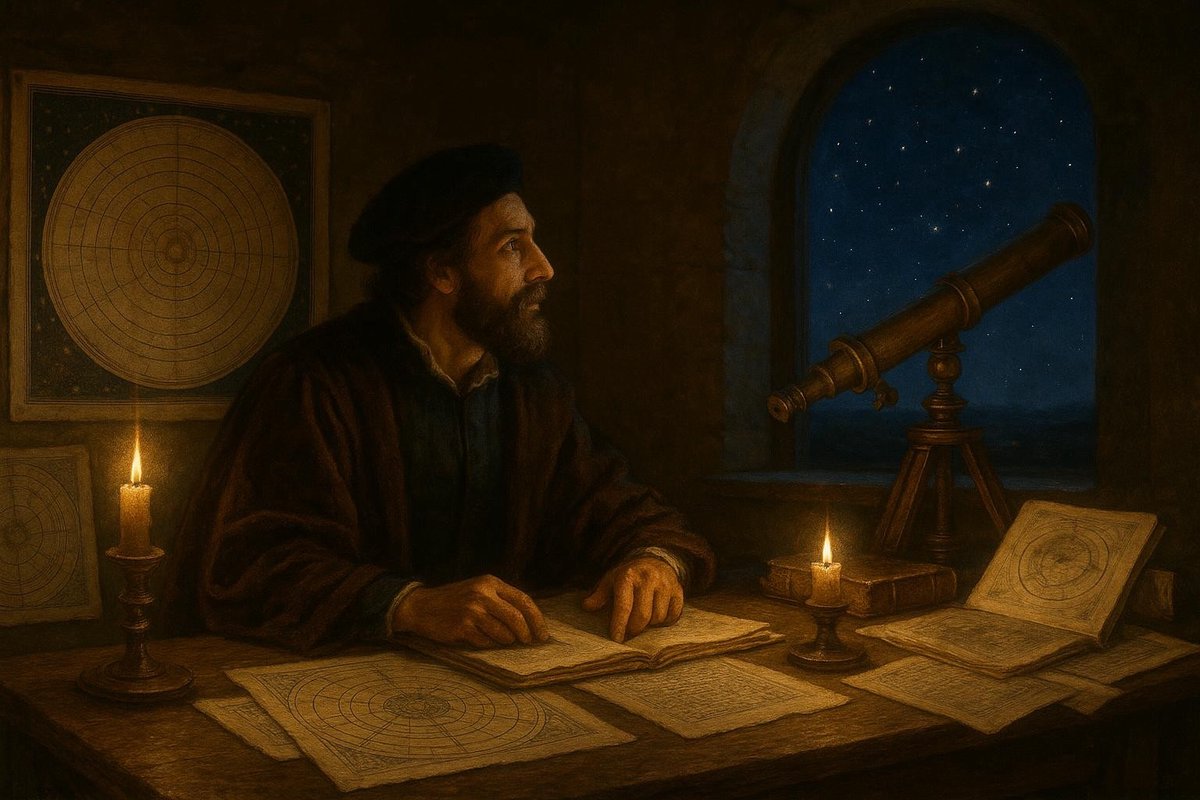
The vastness above us has always beckoned humanity to ponder its mysteries. What lies beyond the stars? How does space inform our understanding of existence? These questions bridge the realms of science and philosophy, inviting a dialogue that has reshaped our perception of truth and reality.
Early Influences: A Historical Context
In the annals of history, the stars have been our silent companions, guiding sailors and inspiring poets. Ancient philosophers like Pythagoras and Aristotle viewed the heavens with a sense of awe and mystery. Interestingly, their musings laid the groundwork for future explorations.
- Aristotle (384–322 BCE) introduced the geocentric model, placing Earth at the universe’s center.
- In ancient Greece, the stars were seen as divine, eternal, and unchanging.
- These early ideas were both a reflection of human curiosity and a testament to our desire to understand the cosmos.
Of course, these early models were limited by the scientific knowledge of their time; however, they nurtured an intellectual curiosity that fueled centuries of exploration. As time goes on, this curiosity evolved, setting the stage for a dramatic shift in our understanding.
Mental Models: Revolutionary Shifts
Fast forward to the Renaissance, a period marked by rediscovery and revelation. Here, individuals like Copernicus and Galileo dared to challenge the long-held beliefs of their predecessors.
- Nicholas Copernicus (1473–1543) proposed a heliocentric model that positioned the Sun, not Earth, at the center of the universe.
- Galileo Galilei (1564–1642) furthered this with telescopic observations, offering visual evidence that supported Copernican theory.
- These revolutionary models demanded a rethinking of our place in the cosmos.
What does this mean for humanity? This paradigm shift required not just a new scientific framework but an openness to question entrenched beliefs. It was a moment of resilience for the human spirit, emboldening thinkers to explore the unknown with courage and curiosity.
Challenges & Resilience: The Human Spirit at Work
As science and philosophy evolved, so did the challenges faced by those who dared to think differently. Galileo, for instance, faced persecution for his findings, a testament to the societal resistance to new ideas.
- Galileo’s trial in 1633 exemplified the clash between emerging scientific thought and established doctrine.
- Despite opposition, his work laid the foundation for modern physics and astronomy.
- The resilience of such thinkers highlights the integral role of perseverance in the pursuit of knowledge.
No wonder many people believe that the true journey of discovery lies not in seeking new landscapes, but in having new eyes to see. It is through such resilience that humanity continues to push the boundaries of understanding, one discovery at a time.
Legacy: Shaping the Future
The legacies of these early thinkers endure, as the concept of space continues to inspire and challenge us. Today, with the advent of modern technology, we are uncovering more about the universe than ever before.
- The Hubble Space Telescope, launched in 1990, has expanded our view beyond what was once imaginable.
- Contemporary philosophers and scientists alike ponder the implications of an ever-expanding universe.
- Space exploration has become a symbol of humanity’s quest for knowledge and our desire to find meaning in the cosmos.
How does this change our perception of truth? Each new discovery reaffirms that our understanding of existence is fluid, shaped by an ever-evolving dialogue between science and philosophy. As we continue to explore, we are reminded that the search for truth is as infinite as the universe itself.
Fuel Someone Else’s Curiosity
The exploration of space and its philosophical implications is a testament to the enduring quest for knowledge that defines humanity. Share this journey with others, and let us continue to ask: What does this mean for us? How does it shape our perception of reality? In doing so, we spark a conversation that can inspire future generations to reach for the stars.
As you ponder these questions, remember that each of us holds a piece of the cosmos within, and it is our shared curiosity that propels us forward.

Leave a Reply